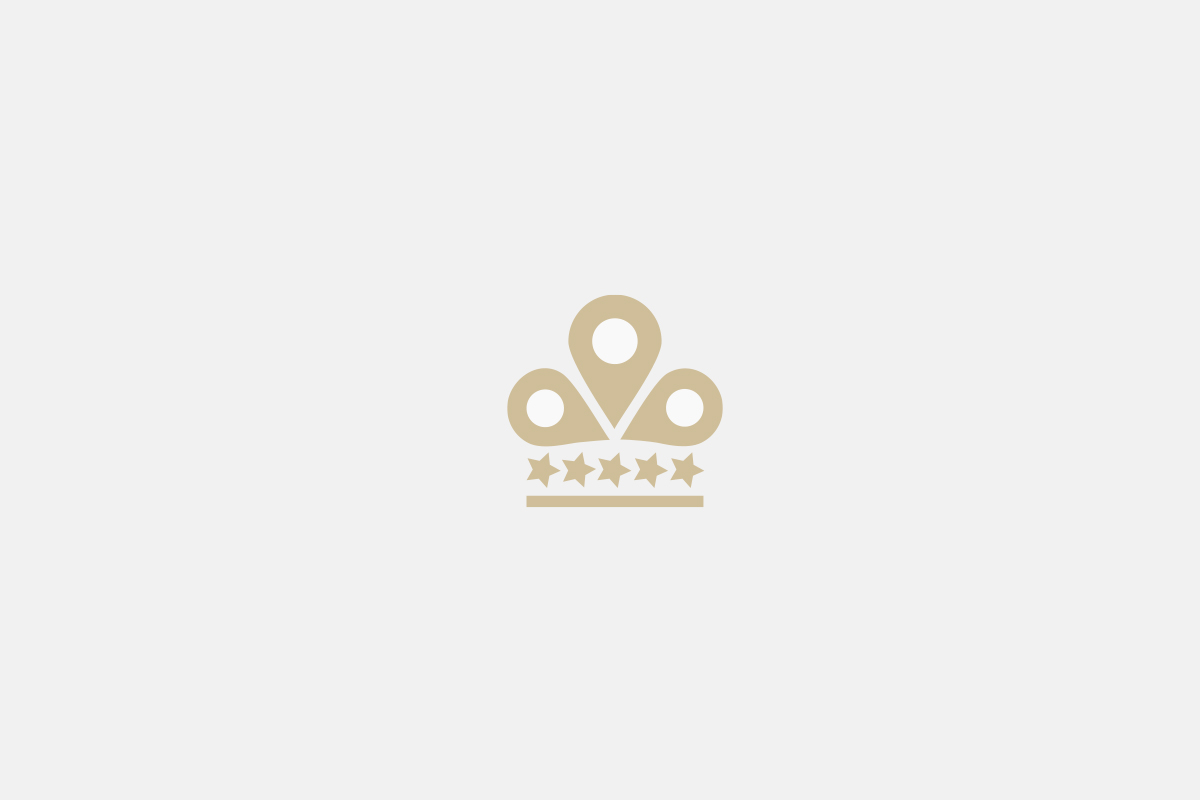Alex has written for Vanity Fair, Barrons, Bloomberg and Condé…
After challenging MBA students from some of the most elite schools in the world to come up with a business model for his culinary think tank the El Bulli Foundation, Spanish chef Ferran Adrià has whittled down the list to finalists from Harvard and the London Business School.
In a Vimeo video following the selection process, a stubbled Adrià, pencil tucked behind his ear, is captured reading business proposals with furrowed brow, pinning papers to ordered bulletin boards which line the walls, and discussing pitches in animation with fellow jury members, a panel that includes a Nobel Prize winner in economics, Joseph Stiglitz, and other prestigious academics, journalists and corporate executives.
Ideas for Transformation, issued last year, invited students from Harvard, Columbia, Berkeley, ESADE in Spain, and the London Business School to draw up business proposals for the new gastronomic research and development centre set to open in 2014 as a spinoff of his world renowned restaurant.
The three finalists include two teams from Harvard and a team from the London Business School. The winner will be announced June 27 in Barcelona.
El Bulli closed its doors last summer after an illustrious run: the Cala Montjoi restaurant off the Costa Brava in Spain held the title of world’s best restaurant five times, according to Restaurant magazine.
The centre itself, meanwhile, is poised to be as avant-garde as Adrià’s cooking, with mention of corals, sponges, and “particle architecture”.
Foodies who have long lamented the closure of El Bulli the restaurant may be encouraged that parallel activities within the culinary think tank will include dining options, reads a briefing paper.
“People will come to eat but there will be no hard and fast rules and each year may be different,” it says.
That means the foundation will not take reservations and that diners could vary from a class of teenagers to master chefs from around the world.
Adrià has also inspired some of his proteges to set up culinary think tanks. José Andrés describes his Think Food Group, for instance, as an R & D centre that explores culinary concepts while Redzepi organises a food symposium attended by some of the world’s top chefs.After challenging MBA students from some of the most elite schools in the world to come up with a business model for his culinary think tank the El Bulli Foundation, Spanish chef Ferran Adrià has whittled down the list to finalists from Harvard and the London Business School.
In a Vimeo video following the selection process, a stubbled Adrià, pencil tucked behind his ear, is captured reading business proposals with furrowed brow, pinning papers to ordered bulletin boards which line the walls, and discussing pitches in animation with fellow jury members, a panel that includes a Nobel Prize winner in economics, Joseph Stiglitz, and other prestigious academics, journalists and corporate executives.
Ideas for Transformation, issued last year, invited students from Harvard, Columbia, Berkeley, ESADE in Spain, and the London Business School to draw up business proposals for the new gastronomic research and development centre set to open in 2014 as a spinoff of his world renowned restaurant.
The three finalists include two teams from Harvard and a team from the London Business School. The winner will be announced June 27 in Barcelona.
El Bulli closed its doors last summer after an illustrious run: the Cala Montjoi restaurant off the Costa Brava in Spain held the title of world’s best restaurant five times, according to Restaurant magazine.
The centre itself, meanwhile, is poised to be as avant-garde as Adrià’s cooking, with mention of corals, sponges, and “particle architecture”.
Foodies who have long lamented the closure of El Bulli the restaurant may be encouraged that parallel activities within the culinary think tank will include dining options, reads a briefing paper.
“People will come to eat but there will be no hard and fast rules and each year may be different,” it says.
That means the foundation will not take reservations and that diners could vary from a class of teenagers to master chefs from around the world.
Adrià has also inspired some of his proteges to set up culinary think tanks. José Andrés describes his Think Food Group, for instance, as an R & D centre that explores culinary concepts while Redzepi organises a food symposium attended by some of the world’s top chefs.
Alex has written for Vanity Fair, Barrons, Bloomberg and Condé Nast Traveler.

